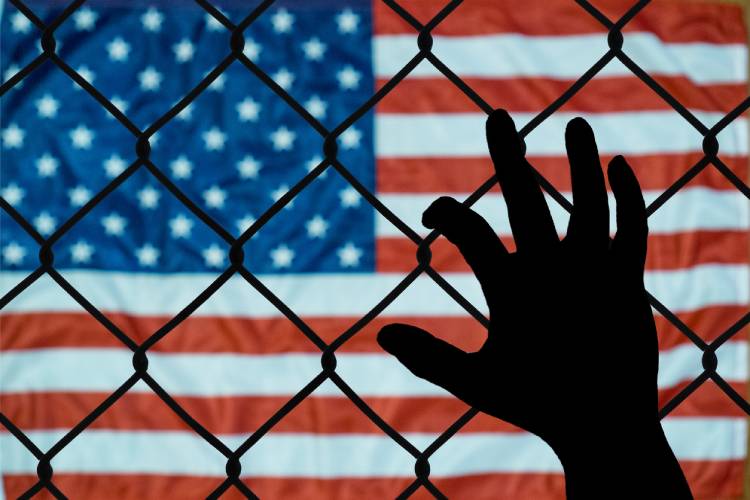

U.S. immigration laws can seem daunting, particularly when deciphering the intricate criteria that might render an individual ineligible for a visa. Central to this intricate web is the Immigration and Nationality Act (INA), a foundational document that delineates various reasons why someone may face visa denial. This post delves into the specific grounds of inadmissibility as outlined under the INA, offering clarity and insight into each category.
The INA strictly prohibits the issuance of visas to individuals diagnosed with a physical or mental disorder that currently poses, or has previously posed, a significant risk to the property, safety, or welfare of the person in question or others. This clause underscores the importance of evaluating health conditions in the context of public safety.
This segment addresses the eligibility of individuals convicted of crimes involving moral turpitude, including violations related to controlled substances, whether these incidents occurred within the U.S. or abroad. It highlights the legal system’s emphasis on moral conduct and the implications of criminal behavior on visa eligibility.
The INA renders any individual convicted of two or more offenses, with cumulative sentences of five years or more, ineligible for a visa. This provision reflects the severity with which the U.S. views repeated criminal behavior and its potential impact on community safety.
Involvement in the trafficking of controlled substances or chemicals places an individual, as well as their immediate family members, squarely outside the eligibility criteria for receiving a U.S. visa. This clause is part of broader efforts to combat international drug trafficking and its associated dangers.
Individuals found to have sought immigration benefits or documentation through fraudulent means or who have misrepresented their citizenship status are deemed ineligible. This provision safeguards the integrity of the immigration process and U.S. citizenship.
Providing knowing assistance to others attempting to enter the U.S. unlawfully disqualifies one from visa eligibility, emphasizing the legal and moral responsibilities associated with immigration.
Persons who have been ordered removed from the U.S. at any point, whether at an entry point by a Department of Homeland Security (DHS) official or after administrative proceedings, face visa ineligibility for specified periods. This underscores the consequences of not adhering to lawful entry and stay requirements.
Individuals who have remained in the U.S. unlawfully for more than 180 days but less than a year, or for a year or longer, face ineligibility periods before they can apply for a visa again. This provision is designed to deter unlawful presence within the country.
Those who reattempt entry into the U.S. without proper admission after prior immigration violations or after being ordered removed fall under this category of ineligibility, highlighting the repercussions of circumventing immigration laws. However, it is crucial to recognize that exceptions and waivers can sometimes be made. Under specific circumstances, a Consular Officer conducting the visa interview may recommend a waiver to an applicant deemed ineligible. This possibility underscores the flexibility and human element of the U.S. immigration system, providing hope even in seemingly dire situations. Schedule a Consultation with an Immigration Lawyer
Additional Outside ResourcesDon’t know where to start? The immigration lawyers at Richards and Jurusik Immigration Law have hundreds of 5-star client reviews and decades of experience. Contact us with any questions or if you need assistance with an immigration matter.